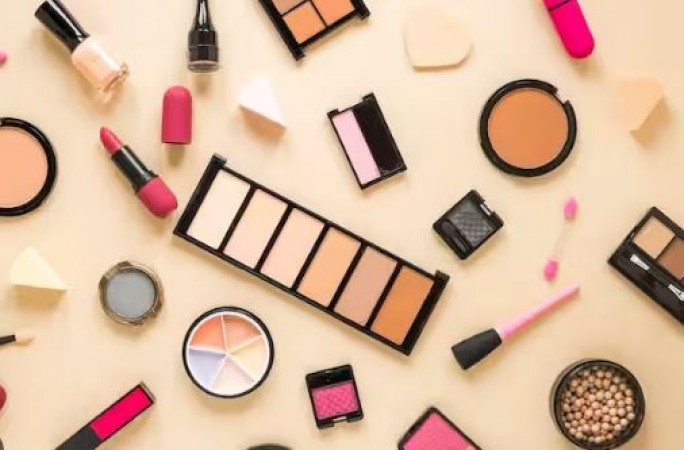
In the pursuit of beauty, consumers often find themselves surrounded by an array of enticing beauty products promising flawless skin, luscious hair, and a radiant glow. However, beneath the alluring packaging and glamorous advertising, a darker truth lurks. Many beauty products are crafted with ingredients that could pose severe threats to your health.
Parabens, commonly found in cosmetics, may mimic hormones and disturb the endocrine system, leading to potential health risks.
Used as a preservative, formaldehyde can cause skin irritation and has been classified as a carcinogen by health authorities.
Present in fragrances and nail polishes, phthalates are known to disrupt hormones, raising concerns about their impact on reproductive health.
Chemical-laden products can trigger severe allergic reactions, ranging from skin rashes to respiratory distress.
Studies link certain cosmetic chemicals to an increased risk of cancer, raising alarms about the long-term consequences of daily beauty routines.
Some beauty products contain neurotoxic ingredients that might contribute to the development of neurological disorders over time.
Empower yourself by understanding ingredient labels, avoiding products with harmful substances that could jeopardize your well-being.
Explore the growing market of natural and organic beauty products, minimizing your exposure to harmful chemicals.
Taking control of what goes on your skin by creating homemade beauty products ensures you know exactly what you're applying.
Support initiatives and organizations advocating for stricter regulations on cosmetic ingredients, ensuring consumer safety takes precedence.
Encourage beauty brands to disclose all ingredients, fostering a culture of transparency that holds companies accountable for the products they offer.
Educate yourself and others about the potential dangers of certain beauty products, empowering consumers to make informed and healthier choices.
Call for and support legislative measures that enhance the safety standards of beauty products, protecting consumers from harmful substances.
Embrace a holistic approach to beauty that considers environmental impact, supporting brands committed to sustainability and ethical practices.
As consumers, it's crucial to be vigilant about the products we use daily. The beauty industry's allure should not overshadow the potential risks associated with toxic chemicals. By staying informed, advocating for change, and choosing safer alternatives, we can redefine beauty standards without compromising our health.